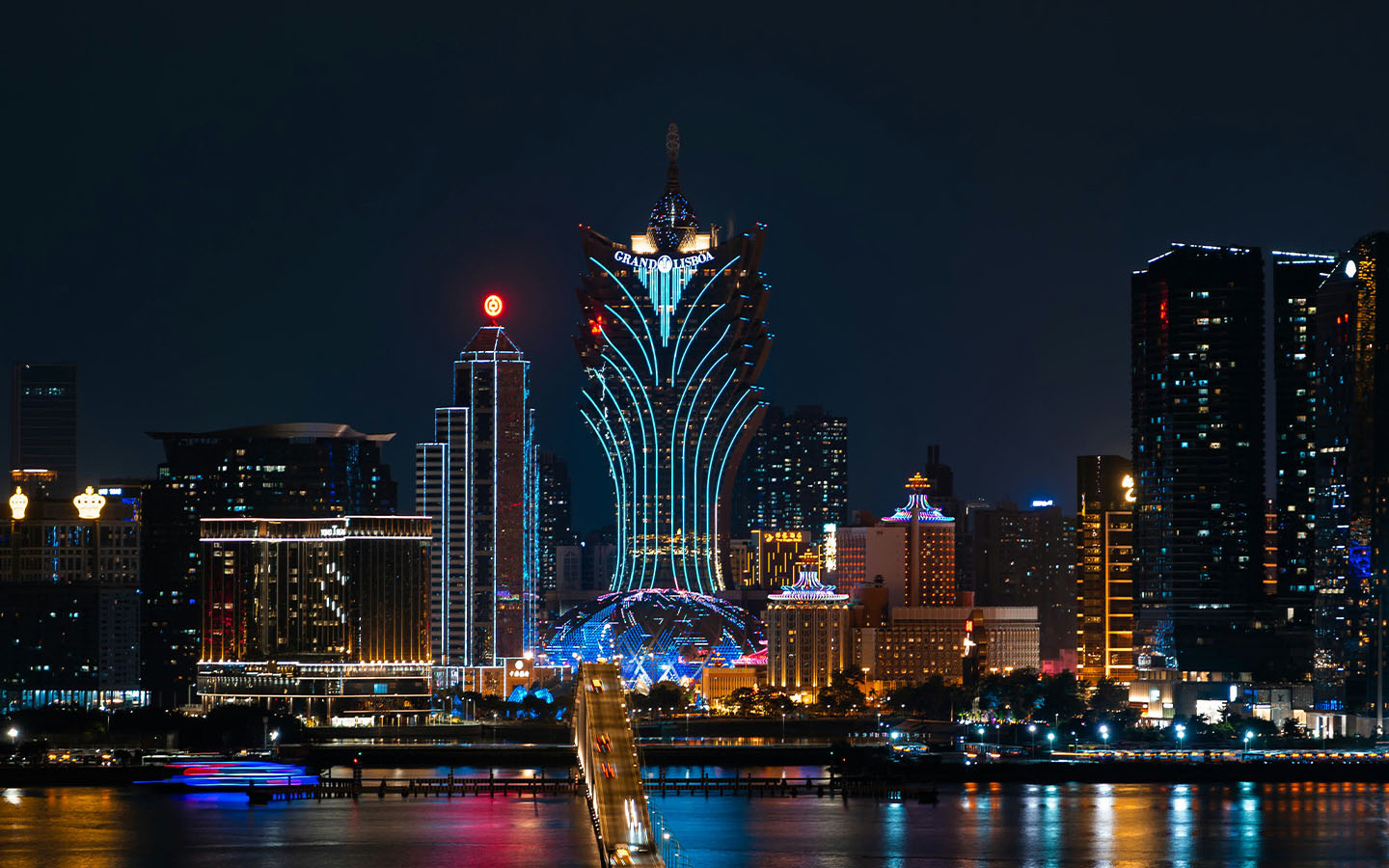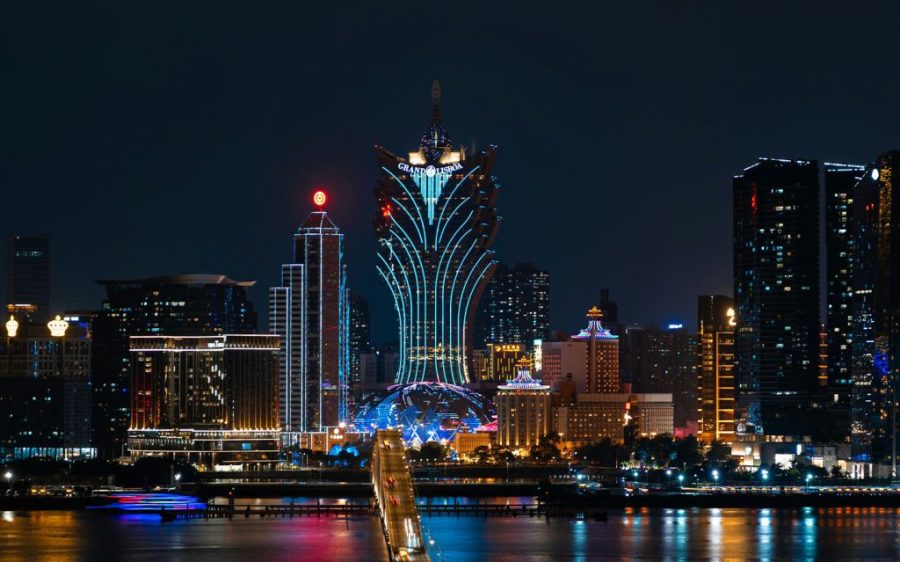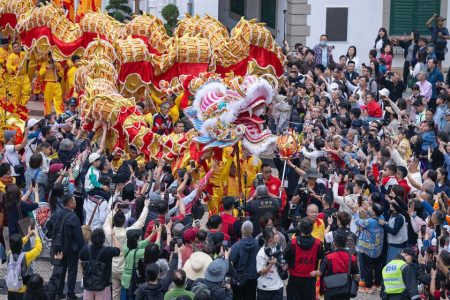Over the past two decades, Macao’s gaming industry has driven extraordinary financial growth and played a pivotal role in the city’s socio-economic development. To foster a more economically sustainable future, however, Macao’s government has unveiled its so-called “1+4 strategy,” in which the central pillar of tourism is buttressed by four emerging industries – life sciences, financial technology, advanced technology and large-scale event production.
This initiative seeks to reduce Macao’s heavy reliance on the casinos and mainland Chinese gamblers in particular. Macao is the largest casino market in the world, but in spite of wishful protestations that Macao is no longer primarily a gambling city, the government depends on the sector for more than 80 percent of its revenue. This dependence has created acute vulnerabilities, as the industry is sensitive to national macroeconomic fluctuations, regional competition, and global crises (witness the effect of the Covid-19 pandemic on Macao, for example).
[See more: Ho Iat Seng: Macao is no longer primarily a gambling city]
Diversifying an economy reliant on a single industry is challenging, as the dominance of gaming has left other sectors underdeveloped. At the same time, a more sustainable economy would enhance Macao’s resilience to external shocks. But who will lead this transformation? What are the expected outcomes, timelines, and measures of success?
Here are five points that the city needs to confront head on, if it is to bring about real economic change.
1. Addressing Macao’s workforce challenges
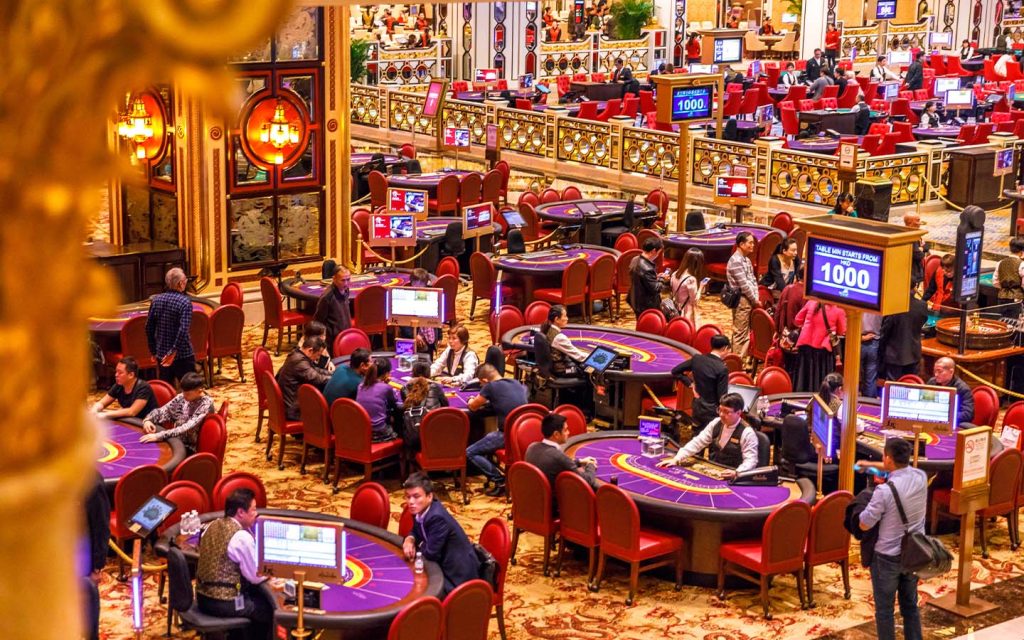
Macao’s reliance on gambling has shaped its labour market, posing challenges for implementing diversification. In the three-month period from August to October of 2024, nearly 22 percent of Macao’s workforce was employed in what the government terms “recreational, cultural, gaming and other services” – that is, the casino industry and its allied trades. A further 14.1 percent were employed in hotels and restaurants, many of which are catering to gamblers.
This concentration of talent has left other industries struggling to find skilled professionals: the numbers of people actually working in areas that the government wants to develop, such as life sciences and technology, are too small to warrant their own category in quarterly employment surveys. As Macao seeks to grow these sectors, it faces a shortage of workers with the necessary skills.
[See more: Macao’s recovery is taking a toll on the mental health of casino workers, group says]
Another barrier to diversifying Macao’s economy has been the misalignment between its education system and the needs of non-gambling sectors. Historically, education and training have focused on supplying workers for a career in casinos and hospitality, resulting in shortages in other fields. Casinos also pay relatively well, luring many young people to the sector because of the relatively high salaries and widening the talent gap with other fields.
To move forward, Macao must prioritise investment in human capital. This means reforming the education system, offering vocational training in non-gambling trades, and creating incentives for local talent to explore careers outside gambling. Attracting more foreign professionals can also address immediate skill gaps while developing a more adaptable workforce.
2. Transforming Macao’s global image
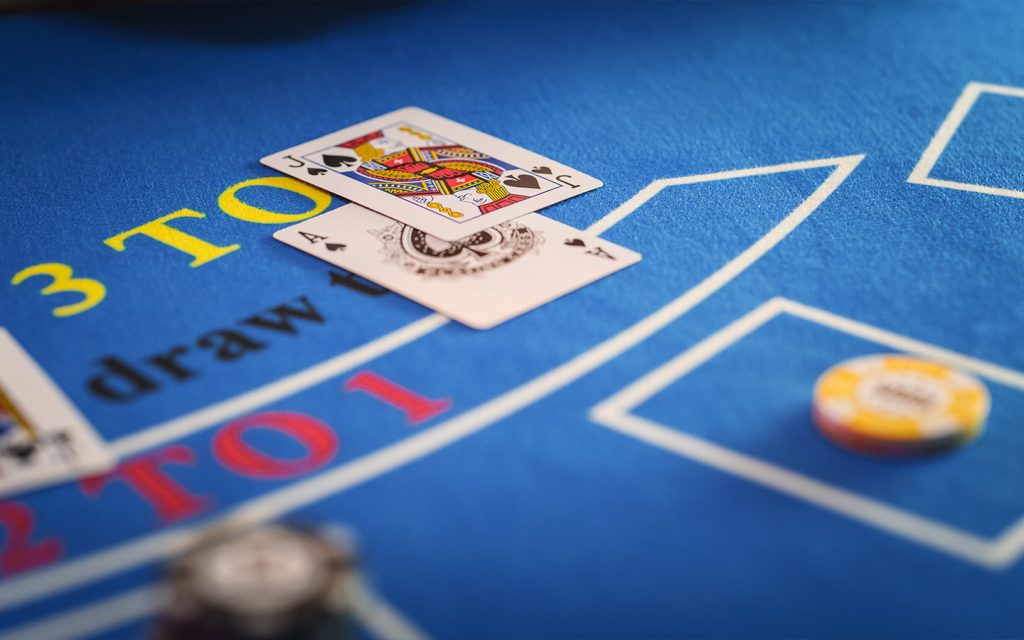
Macao’s renowned reputation as a gambling hub poses a significant obstacle to its rebranding success. Attempts to rebrand Macao have focused on promoting its unique cultural heritage and non-casino attractions – but while this seems to be a logical repositioning, the efforts appeared to have gained limited traction. Despite the fact that Macao offers more than gambling establishments, its global image remains dominated by the gambling narrative, limiting its appeal to families and cultural enthusiasts.
[See more: ‘We cannot just rely on gaming.’ Top industry figure backs calls for diversification]
The city’s historic center, a UNESCO World Heritage Site, highlights its Portuguese and Chinese architectural fusion, while Macao’s designation as a UNESCO Creative City of Gastronomy underscores its rich culinary traditions. However, these achievements have not yet translated into a significant shift in global perceptions. For most people, Macao remains synonymous with gambling, pure and simple.
To effectively rebrand, Macao needs a comprehensive marketing strategy that emphasizes its diverse offerings. This means not only investing in products and offers, but also developing content and communications campaigns that highlight and articulate the unique cultural and culinary attractions. It also means hosting international events, and developing more family-friendly entertainment.
3. Enhancing Macao’s infrastructure
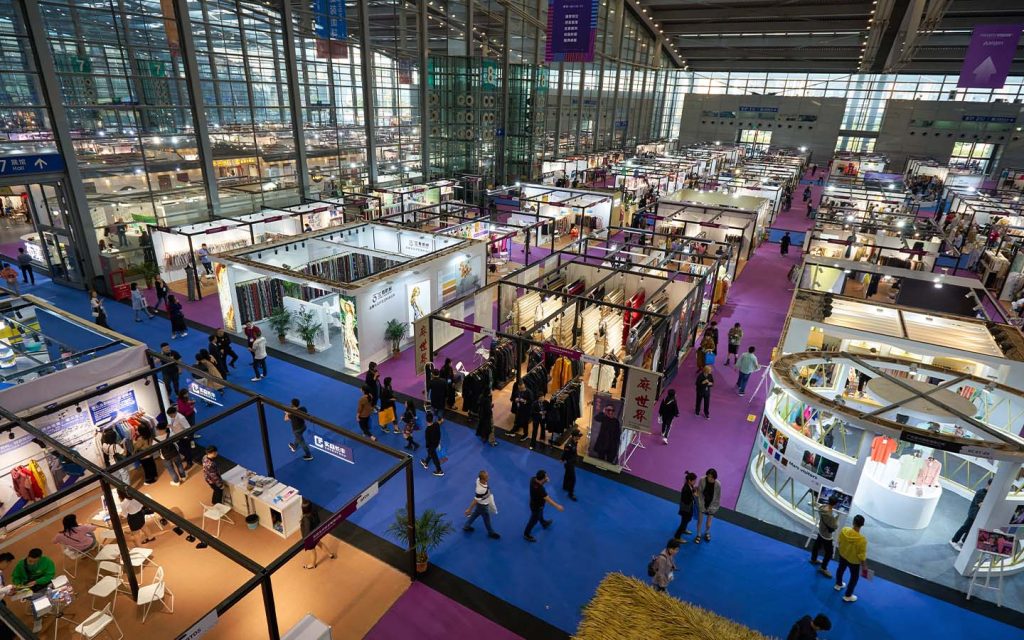
Macao’s success in gambling has been driven by significant investments in infrastructure that primarily supports the casino sector. While Macao features luxury “integrated resorts,” as the casino properties are called, they have been built almost exclusively to cater to gamblers rather than business travellers or tourists seeking cultural experiences.
Macao can and does host large scale conferences and events, but the 240,000 square metres of exhibition space it offers is paltry compared to those of its neighbours. Shenzhen, for example, boasts over 10 million square metres. Some also say that Macao lacks the wide variety of accommodation types that event organisers require. The city offers great luxury hotels but doesn’t do so well in the midrange and budget price points.
[See more: How would you spend a trillion patacas? (That’s US$124 billion)]
Additionally, poor transport infrastructure, such as the lack of direct international flights, the frustrating difficulty of getting a taxi, and the lack of a ride hailing service, creates bottlenecks that hinder the overall guest experience. Collaborating with neighboring regions like Zhuhai and Hong Kong could enhance connectivity, but to address these challenges, Macao must invest in expanding and modernizing its infrastructure, expand its exhibition space, grow hotel capacity across different room types, and improve transport networks.
4. Regional competition for Macao
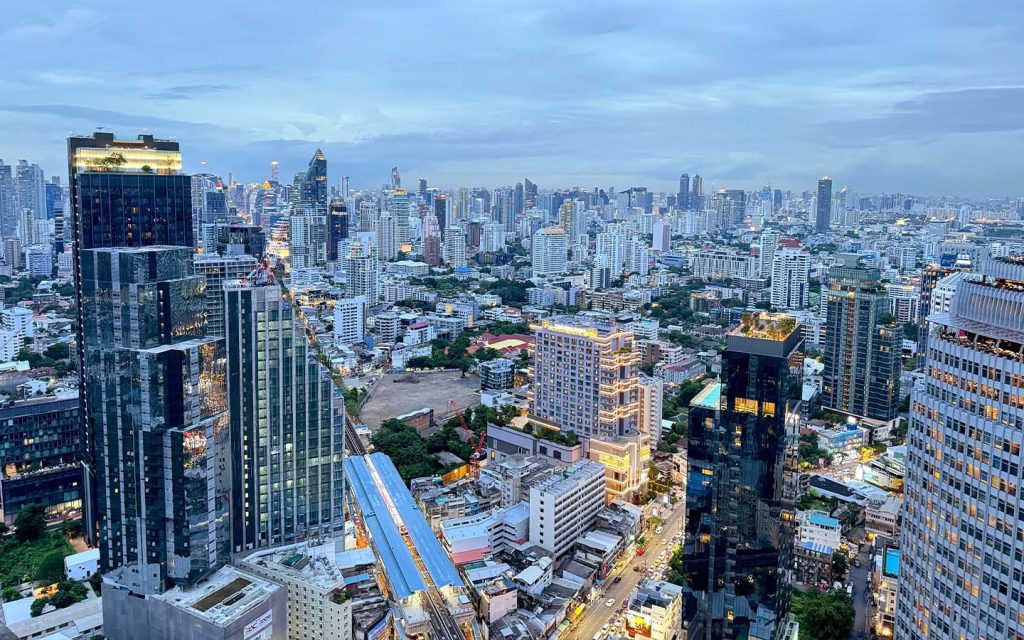
Macao faces increasing competition from the region. Countries such as Thailand and the Philippines are developing their gambling sectors and targeting the same free-spending mainland Chinese clientele.
To maintain its competitive edge, Macao must understand that it is not merely competing with other Asian cities but entire countries. If it is to offer a wealth of experiences comparable to those in Southeast Asia, Macao must nurture collaborations with the rest of the Greater Bay Area (GBA). Tourism between the different parts of the GBA needs to become seamless, so that visitors choose from a wealth of attractions that go beyond simply the Macao peninsula and Cotai.
[See more: Macao’s gambling industry lacks a comprehensive strategic plan, says expert]
This cooperation can also provide additional capacity, and reduce pressure on Macao’s overcrowded streets and hotels.
5. Social Sustainability

While the gaming industry has driven economic benefits, it has also led to rising income inequality. Diversification efforts must take these issues into consideration to ensure inclusive growth. As Macao seeks economic diversification, these social challenges should be addressed at the planning stage.
This means integrating social betterment initiatives into diversification strategies. As the six concessionaires play a crucial role in Macao’s economy, and together form the biggest employer group in the city, it is essential for the government to build a cooperative relationship with these entities to support all social sustainability initiatives.
[See more: The challenges faced by people with disabilities in Macao]
Engaging local communities in the diversification and rebranding process is also beneficial. A single entity or authority cannot accomplish this monumental goal.
Building an economically resilient future for Macao
Macao’s path to diversification involves navigating complex challenges, including talent shortage, brand perception, infrastructure limitations, and economic and social sustainability. These issues are likely to continue affecting the city’s ability to diversify and attract a broader range of visitors from international markets in the near future. Challenging as it may seem, each of these issues can be addressed with the right approach when the key stakeholders in Macao, in both private and public sectors, work together as a team, respect each other’s experience and expertise, and work toward a set of well-defined and realistic goals.
[See more: Opinion: This is the one thing Macao must do if it wants to diversify away from gaming]
To become a genuine international tourism destination in the manner of Bangkok, Tokyo or Singapore, the government must address both the economic and social aspects of diversification. This includes investing in human capital, promoting cultural heritage, improving local transport, and fostering sustainable practices.
By implementing these strategies, Macao can evolve into a vibrant destination that can attract a more diverse base of visitors with its unique Sino-Portuguese identity. Success will hinge on the government’s ability to collaborate and implement cohesive, long-term strategies that balance economic growth with social and cultural sustainability.
Calvin Iao is a doctoral student of business administration at the Macau University of Science and Technology
